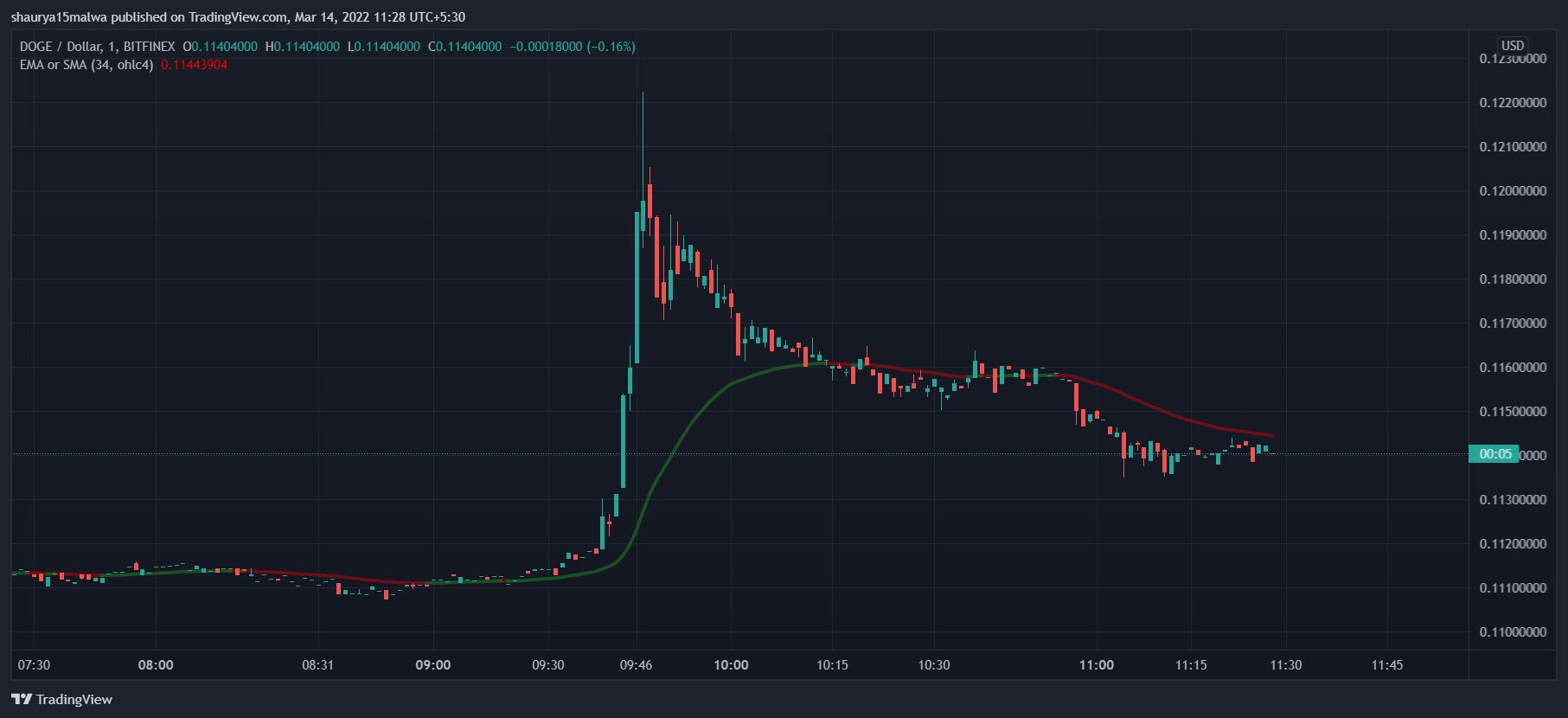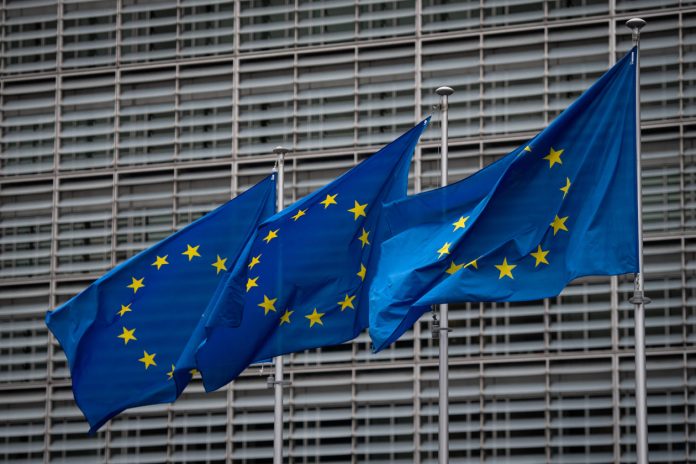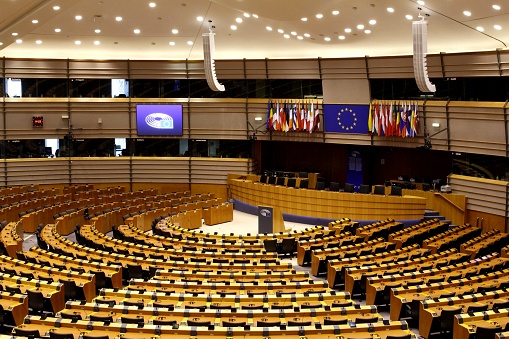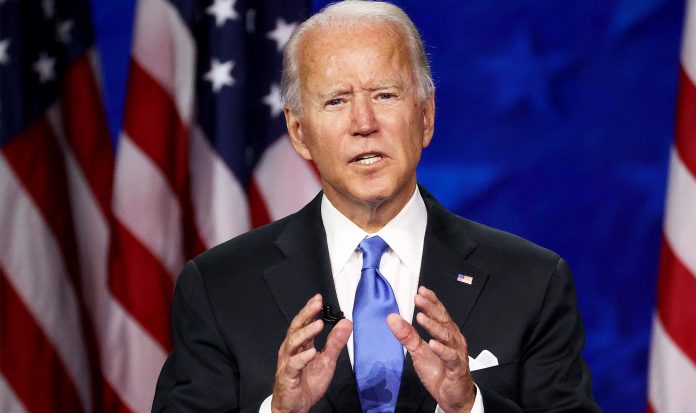Many people in the crypto industry welcome President Joe Biden’s executive order on crypto. A crypto regulatory expert says, “It’s about as good as we could ask.” Another sees the order as the federal government viewing “cryptocurrency as a legitimate, serious, and important part of the economy and society.”
President Joe Biden of the United States signed an executive order (EO) on Wednesday that establishes a national policy for digital assets. According to the White House, the order is “the first-ever, whole-of-government approach to addressing the risks and leveraging the potential benefits of digital assets and their underlying technology.”
The Blockchain Association, which has 80 member companies, wrote that the order also calls on federal agencies to collaborate on the country’s crypto policy.
We welcome this approach and are ready to collaborate with agencies on behalf of the industry.
Jerry Brito, executive director of D.C.-based think tank Coin Center, sees the executive order as “a good signal to serious people who’ve been holding back from getting involved.” He wrote:
The message I take from this EO is that the federal government sees cryptocurrency as a legitimate, serious, and important part of the economy and society.
Jake Chervinsky, a well-known lawyer in the crypto space, agreed with Brito’s assessment, emphasizing: “Despite a few loud voices in government relentlessly attacking crypto in recent months, the EO is balanced & constructive.” He continued:
Anyone worried that President Biden’s executive order would spell doom & gloom for crypto can fully relax now. The main concern was that the EO might force rushed rulemaking or impose new & bad restrictions, but there’s nothing like that here. It’s about as good as we could ask.
Anderson Kill Hailey Lennon said: “Seeing a digital asset EO happened a lot faster than I expected. Actually some really positive comments in it.”
Core Scientific co-founder Darin Feinstein commented: “Bitcoin in the USA was de-risked by EO. The USA government endorsing innovation in and around Bitcoin is monumental. As capital continues to flow into this industry, it is up to the 50M USA bitcoin holders to make certain their representatives continue to protect this industry.”
FTX CEO Sam Bankman-Fried called it: “A constructive EO to discuss customer protection and economic competitiveness in digital assets.”
Coinbase’s Kathryn Haun said: “Today’s EO is a step in the right direction for some American leadership in web3 and could bring order to what’s become a sorely fragmented regulatory landscape. We’re especially encouraged it directs all agencies to partner [with] experts ‘outside’ govt as they work to define policy.”
Crypto Is Not Going Away, ‘It Could Be a Turning Point’
Some people see the executive order as evidence that cryptocurrency is not going to go away.
Binance CEO Changpeng Zhao (CZ), for example, tweeted: “I am guessing crypto is not going away.”
Ripple CEO Brad Garlinghouse, who has been in an ongoing lawsuit with the U.S. Securities and Exchange Commission (SEC) over the sale of XRP, opined: “Like many of you, I thought the Biden Admin’s EO would acknowledge crypto, but not detail specifics on next steps for regulation.”
Garlinghouse continued, “However, I was pleasantly surprised & inspired by the EO acknowledging the *need* for evolution and alignment of the govt’s approach to crypto,” elaborating:
First and foremost, this is an affirmation that crypto is here to stay … I don’t want to mistake activity for progress, but this does feel like it could be a turning point.
Some People Are Skeptical
While some people are skeptical about Biden’s executive order, they are glad that it does not contain anything more damaging to their businesses or the industry.
Bitwage tweeted: “It doesn’t seem like there is anything damning in there, but we can’t help but feel suspicious. For the time being, we’re thankful that there were no serious regulations on companies like ours.”
Bitcoin skeptic and goldbug Peter Schiff opined: “The relief rally in bitcoin-based on Biden’s executive order on cryptocurrencies not being as onerous as it could have been won’t last. More regulation is coming that will only raise the cost and lessen the appeal of bitcoin. ” He tweeted to his son that the EO is a sell signal.
Chervinsky further noted:
One potential impact of the crypto EO: it may slow down members of Congress working on new draft legislation, especially Democrats, who won’t want to contradict the national strategy that @POTUS just announced or front-run the study & report process that the EO kicked off.











